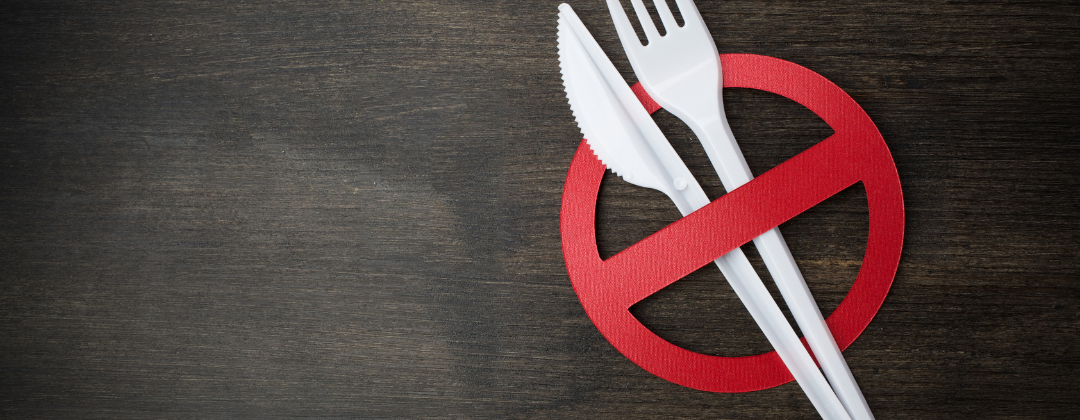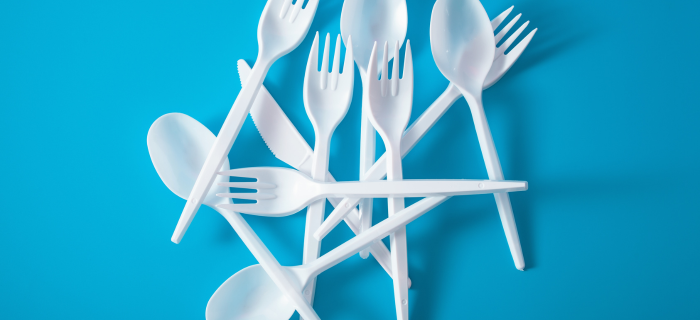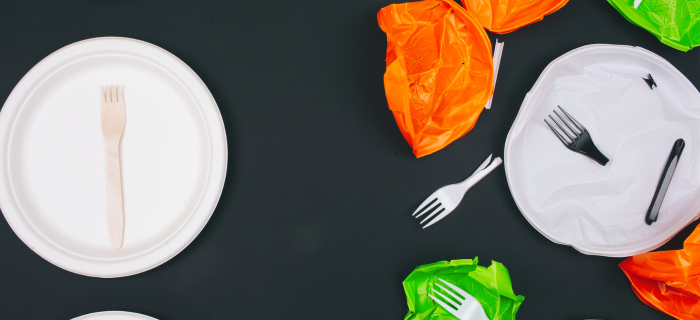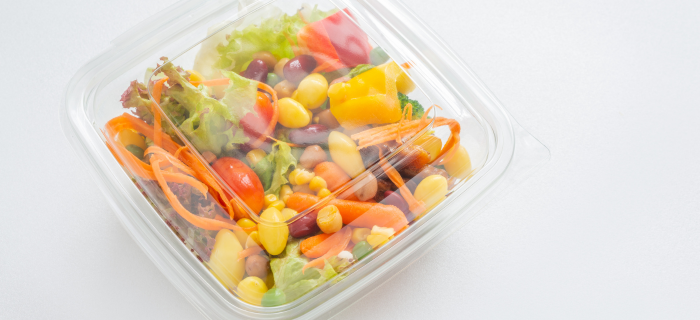Navigating the ban on single-use plastics

Navigating the ban on single-use plastics: guidance for our commercial clients
As the date draws nearer for the ban on certain single-use plastics in England, we want to ensure our commercial waste customers are prepared for this significant move.
The most important thing to know is that from 1 October 2023, businesses will be banned from selling certain single-use plastic items in England.
Currently, around 4.25 billion pieces of plastic cutlery and 1.1 billion single-use plates are used every year in the UK. Shockingly, only 10% are recycled. The rest could take centuries to decompose. Not only is single-use plastic a significant contributor to the litter we see in Bristol, but its lifecycle – from production to disposal – also leads to greenhouse gas emissions.
To address these environmental issues, extensive bans on single-use plastic have already been introduced in Scotland and Wales. And single-use plastic straws, stirrers and cotton buds were banned throughout the UK in 2020.
England’s next ban expands that list to include single-use plastic plates, bowls, trays, containers, cutlery and balloon sticks.
Scope of England’s single use plastic ban

- From 1 October, banned single-use items are straws, stirrers, cotton buds, plates, bowls, trays, containers, cutlery and balloon sticks.
- Single-use is defined as an item that ‘is meant to be used only once for its original purpose.’
- All single-use plastics are covered by the ban, including biodegradable, compostable and recycled.
- The ban applies whether the item is wholly or partially made from plastic, such as having a plastic lining.
- The ban on sales includes online and over the counter sales of new and existing stock.
At Bristol Waste, we’re more than a service provider for our clients. We’re a partner committed to supporting you in your sustainability journey. That includes helping you to understand, adapt to and make a success of regulatory changes.
Preparing your business for the ban on single-use plastic

- Use up existing stock: before the 1 October 2023 deadline.
- Find alternatives: make sure you’re set up to start selling alternatives to the banned items from 1 October. You could consider items made from bamboo, paper or card, or reusable metal or glass items.
- Understand the cost implications: if your new, environmentally friendly products cost you more, you may need to review the prices your customers pay.
- Communicate with your customers: you might want to let your customers know about the change, even if you haven’t changed your prices or removed products.
Finally, if you haven’t already installed recycling bins, do so! Providing recycling bins for your new paper, card, glass or metal items is a good thing for the planet at your business, with consumers being more keen than ever to shop and live sustainably. (We can help with this!)
Exemptions to the ban

You can still supply single-use plastic plates, bowls and trays if you are supplying them to another business or if the items are packaging, such as:
- pre-filled salad bowls or ready meals
- a plate filled at the counter of a takeaway
- a tray used to deliver food
You can still supply food or drink in polystyrene containers if it needs further preparation after the sale, such as:
- adding water
- microwaving
- toasting
Full guidance and exemptions to the ban has been published by DEFRA, and if you have any questions not covered in their guide, you can email plastics.consultation@defra.gov.uk
